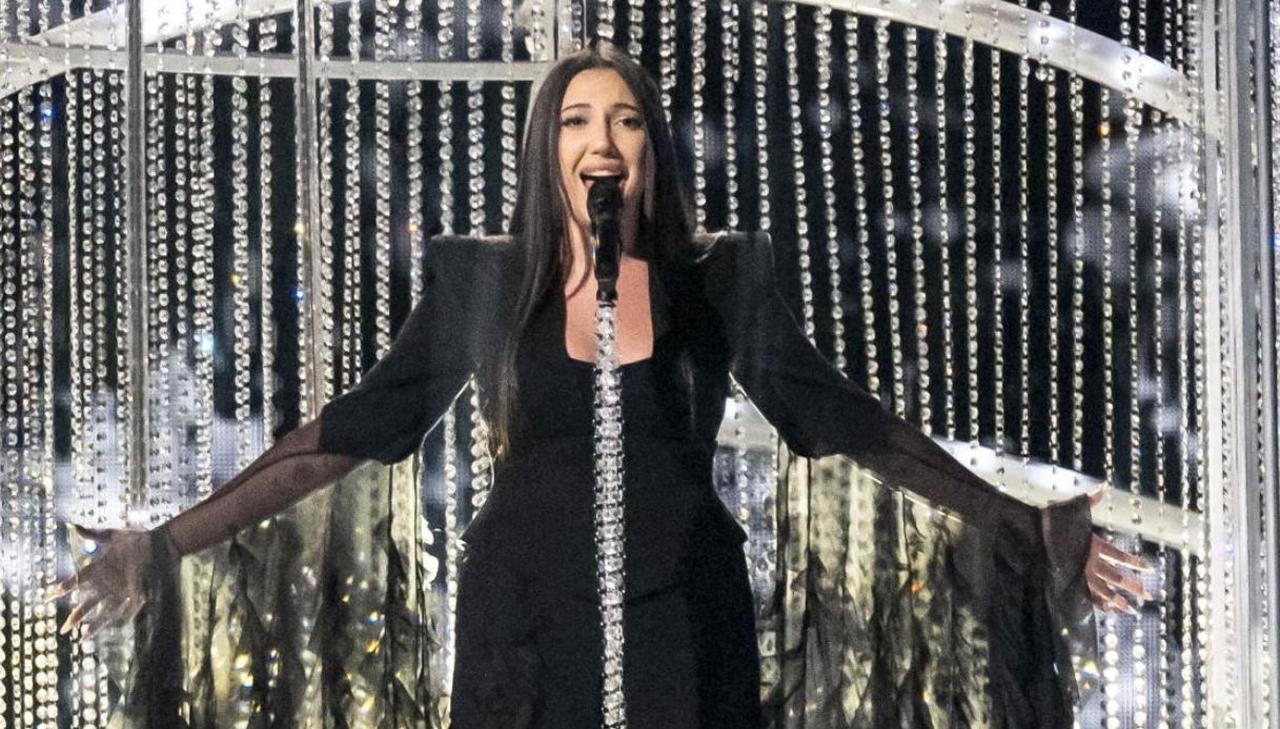
Spanish state broadcaster RTVE has officially requested a full review of Eurovision's public voting system and questioned the legitimacy of Israel’s participation in the 2025 Eurovision Song Contest. The move follows growing concerns over voting irregularities and political influence.
On May 18, RTVE voiced its objections verbally to the European Broadcasting Union (EBU) and has now formalised its concerns in a written appeal. The letter, signed by RTVE Director General Jose Pablo Lopez, was addressed to EBU Director General Noel Curran and Eurovision Executive Supervisor Martin Green.
The broadcaster criticized Israel’s involvement in Eurovision, arguing that it undermines the contest’s commitment to peace, justice, and respect for human rights.
In its appeal, RTVE urged the EBU to subject Eurovision’s public voting system to independent scrutiny and structural reform. It called for safeguards against external interference, stating:
“There must be no organised external manipulation of the contest by any country.”
Citing “serious concerns over transparency, legitimacy, and perceived integrity,” RTVE claimed Israel’s presence jeopardises Eurovision’s credibility.
The Spanish broadcaster also highlighted an EBU-led investigation, which revealed that a state-run Israeli agency launched a digital ad campaign to boost votes for its representative. According to RTVE, experts believe the current voting setup—allowing one person to vote up to 20 times using different cards or phones—is highly susceptible to manipulation.
At the 2025 Eurovision final held in Basel, Switzerland, on May 17, Israel’s entry “New day will rise” by Yuval Raphael finished second overall. It ranked low in the jury vote with only 60 points from professional panels across 37 countries. However, it gained an overwhelming 297 points from the public, sparking criticism and calls for a probe.
RTVE has been urging the EBU to bar Israel from Eurovision since April due to its military operations in Gaza. Despite an earlier request for internal discussion within the EBU, the appeal was dismissed.
During Eurovision’s second semi-final, RTVE commentators Tony Aguilar and Julia Varela addressed the controversy live on air: “RTVE has called for a debate on Israel's participation. According to the UN, over 50,000 people have died in Gaza, including more than 15,000 children. This is not a petition against any country, but a call for peace, justice, and respect for human rights.”
Ahead of the final, RTVE defied the EBU's warnings against making political statements during the broadcast. Before going live, the channel displayed the message:
“Silence is not an option when human rights are at stake. Peace and justice for Palestine.”
Spanish Prime Minister Pedro Sanchez supported RTVE’s position, drawing a comparison to Russia’s Eurovision ban after the invasion of Ukraine:
“Three years ago, Russia was banned from contests like Eurovision after invading Ukraine. Why should Israel be treated differently? We cannot accept double standards in culture.”